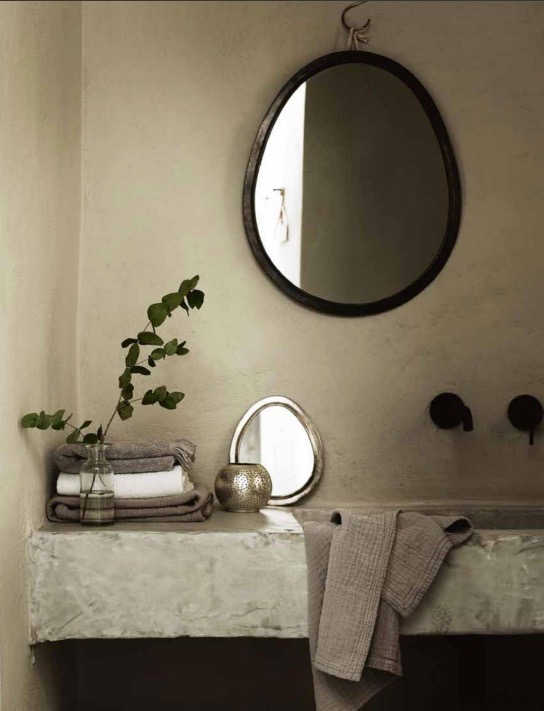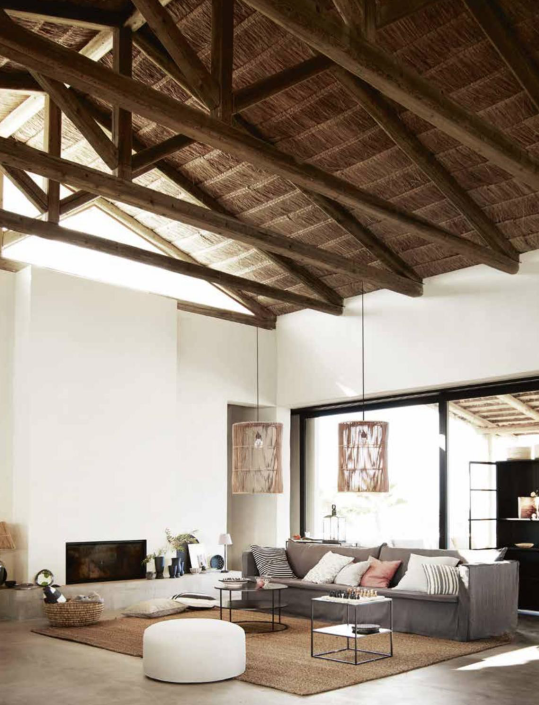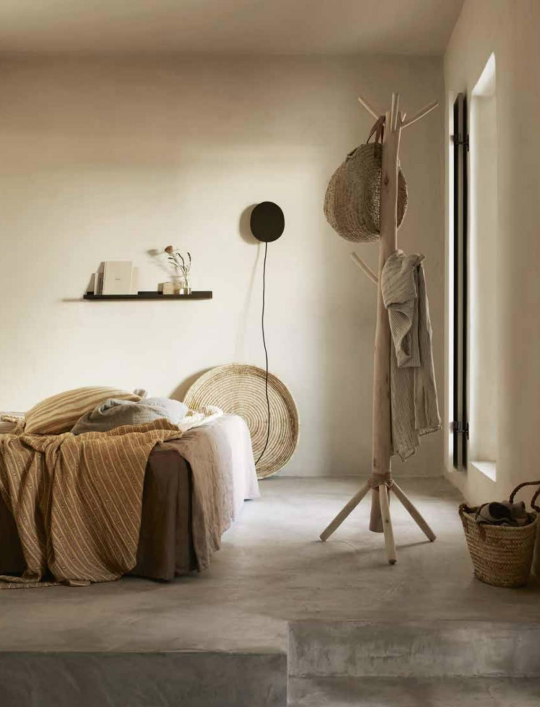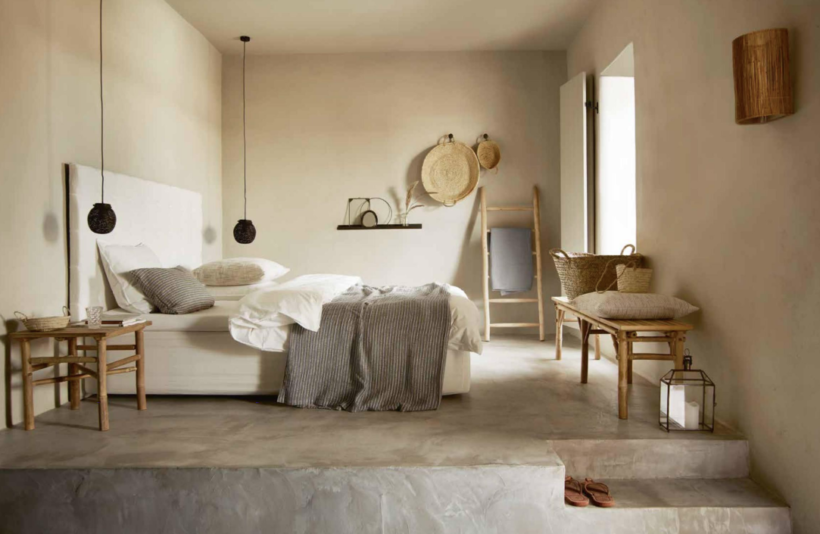We think of our houses as places of comfort and refuge – but could they actually be having a negative effect on our health? As we seek to create efficient insulated buildings, we introduce more chemicals into our homes that are not as easily dispersed. How can we make our homes more healthy? Here are three easy ways to have positive impact right now.

Image via TineK Home
CLEAR THE CHEMICALS
Free your home, as much as possible from volatile organic compounds (VOCs), found in building materials, furnishing, new carpet and paints. Combinations of VOCs are now believed to contribute to Sick Building Syndrome, a series of symptoms including headaches, fatigue and skin irritation that can be associated with prolonged time spent in certain properties. To prevent this , use only VOC-free paints and unscented, chlorine-free cleaning products. Avoid disinfectants containing phenol ,(more commonly known as carbolic acid) and ban air fresheners. Use rugs instead or carpet sand underlays – the latter contain adhesive and chemical finishes.

Image via TineK Home
VENTILATE
Open your windows whenever you can. Studies have shown that naturally ventilated buildings are better for us than air-conditioned ones. Hang your dry-cleaning outside to air for a few hours before brining it into the house – stains are removed using perchloroetheylene, a solvent. Make your home a shoes-off zone, as pesticides from gardens can enter the house on our soles. Finally, place new furniture in a ventilated area to expel the chemicals in the finishes before use. Also, add some greenery – certain plants can help to filter and purify the air in your home.

Image via TineK Home
BE ELECTROMAGNETICALLY AWARE
Don’t sleep close to fuse boxes or meters, and try not to place electrical appliances near your bed. Always switch gadgets off at night. If rewiring, take the opportunity to move plug sockets away from where you sleep – you want to ensure that you are outside of their electromagnetic field.


